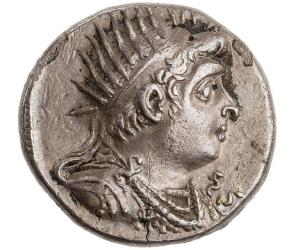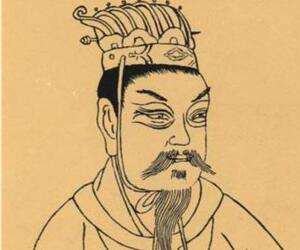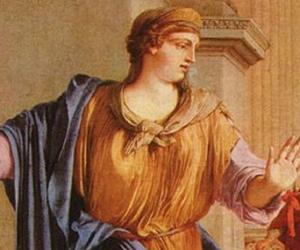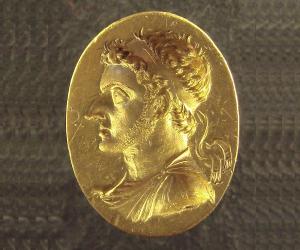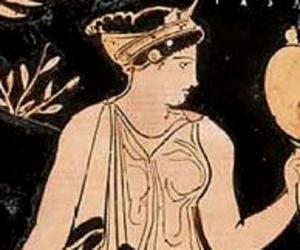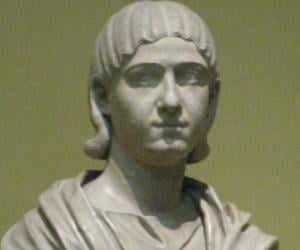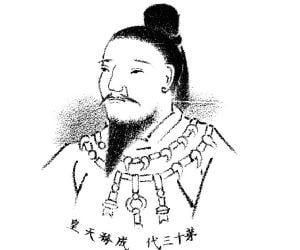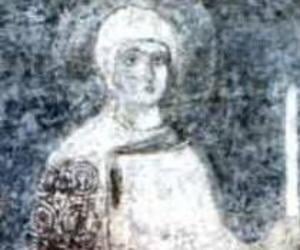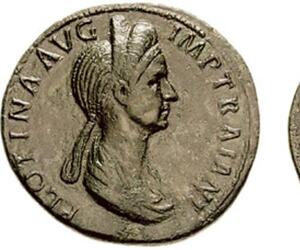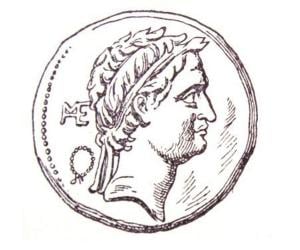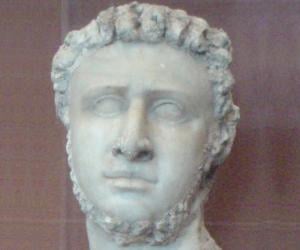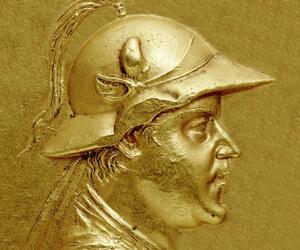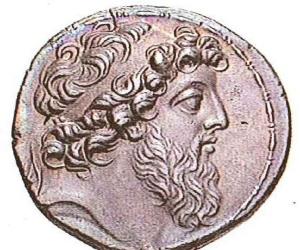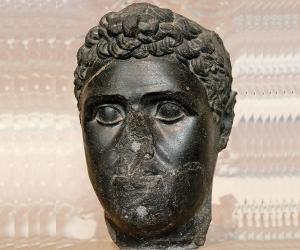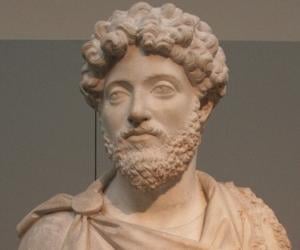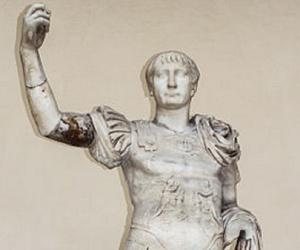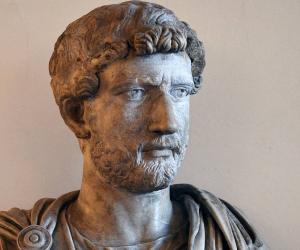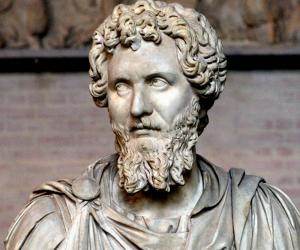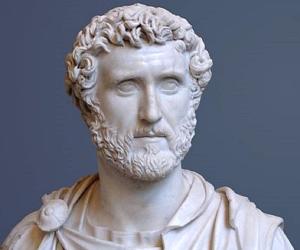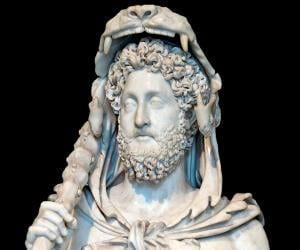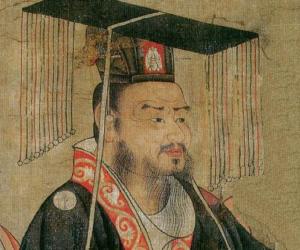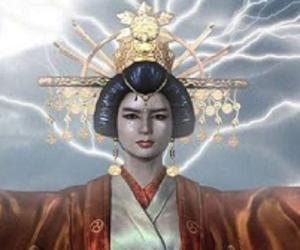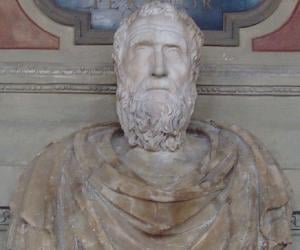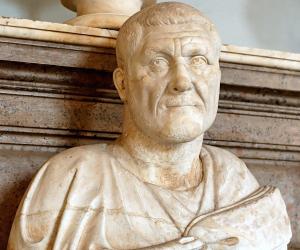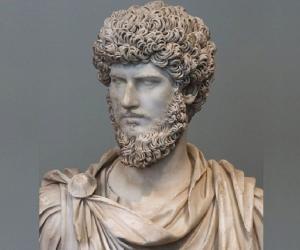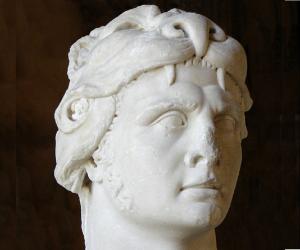Marcus Aurelius played an important role in the Roman Empire. A Stoic philosopher, Marcus was part of the Five Good Emperors and the last emperor of the Pax Romana—a 200-year-long period of relative peace in the Roman Empire. Also a writer, his work Meditations is regarded by many as one of the greatest works of philosophy.
Trajan was the Roman emperor from 98 to 117 CE. Remembered as a successful soldier-emperor, he presided over a great military expansion, leading the Roman Empire to attain its maximum territorial extent by the time of his death. He was the second of the Five Good Emperors and focused on implementing social welfare policies for the benefit of his citizens.
Liu Bei was a warlord in the Eastern Han dynasty. He is credited with founding the state of Shu Han. Liu Bei went on to reign as the emperor of Shu Han from 221 until his death in 223. Liu Bei is best remembered for his remarkable skills as a leader and politician. His life has inspired several TV series.
Queen Himiko was a shamaness-queen who reigned over Yamataikoku from 189 AD until her death in 248 AD. Over the years, Queen Himiko has been depicted in several graphic novels, anime, and video games across Japan. She is also depicted in video games as a tyrant or sorceress with sexually revealing clothing.
Maximinus Thrax reigned as Roman emperor from 235 until his death in 238. The accession of Maximinus is generally viewed as the beginning of the Imperial Crisis. Hence, he is often called a barracks emperor of the 3rd century. He died during the Siege of Aquileia when he was assassinated by soldiers of the Legio II Parthica.
Lucius Verus was the Roman emperor from 161 to 169, alongside his adoptive brother Marcus Aurelius. Their succession together marked the first time that the Roman Empire was ruled by multiple emperors. The eldest son of Lucius Aelius Caesar, Verus hailed from the Nerva-Antonine dynasty. He ruled for only a few years before he died of an illness in 169.
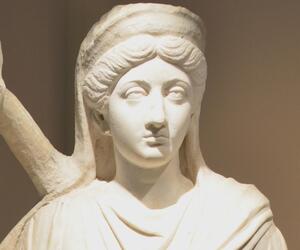
The second-born daughter of Emperor Marcus Aurelius, Lucilla was married off to his father’s co-ruler, Lucius Verus, who was twice his age. After both Verus and Aurelius died, Commodus, Lucilla’s brother, came to power. Though Lucilla was politically conscious, she was eventually executed in her early 30s for plotting the murder of Commodus.
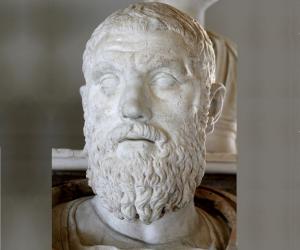
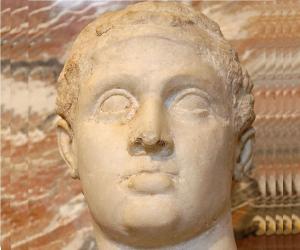
Being an illegitimate son of Ptolemy IX, Ptolemy XII Auletes apparently bribed Julius Caesar, in exchange for a law acknowledging his kingship in Egypt. He was later exiled, but came back to Egypt and killed his daughter, Berenice IV, who ruled in his absence and with the support of the opposition.
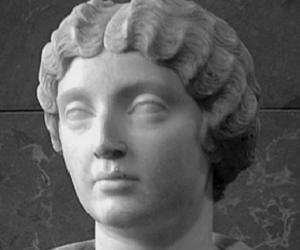
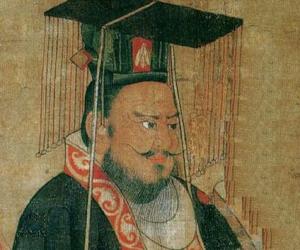
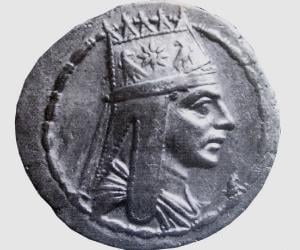
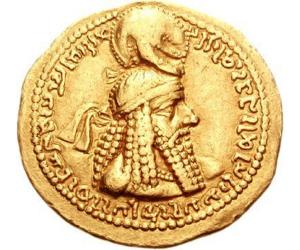
Ardashir I was the founder of the Sasanian Empire. According to some sources, he was a son of Papak, son of Sasan. He began his career as the commander of Fort Darabgard and steadily rose in power, eventually defeating the last Parthian shahanshah Artabanus IV on the Hormozdgan plain. After this, he crowned himself "shahanshah” and continued his conquests.
Mithridates VI of Pontus, also known as Mithridates the Great, came to power as a young boy after his father, Mithridates V, was assassinated by poisoning. However, since Mithridates VI’s mother acted as a regent and favored his brother, Mithridates got them both imprisoned and took over the throne.
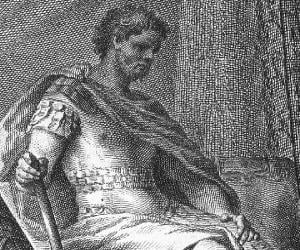
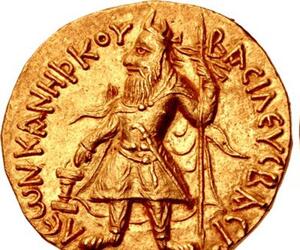
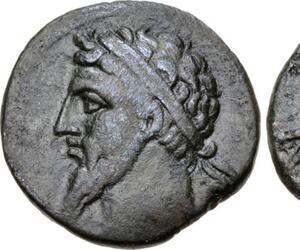
Masinissa was a 2nd-century BC king of the North African kingdom of Numidia. While he initially fought against the Romans, supporting Carthage in Spain, he later joined the Roman forces and emerged victorious in the Battle of the Great Plains. He ruled for over 5 decades, until age 90.

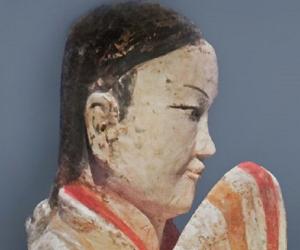
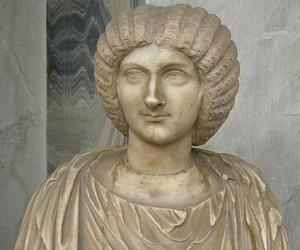
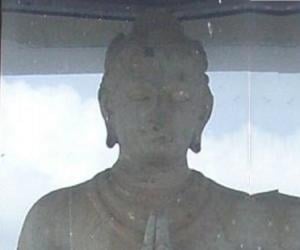
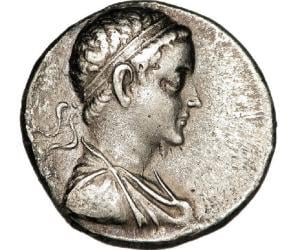

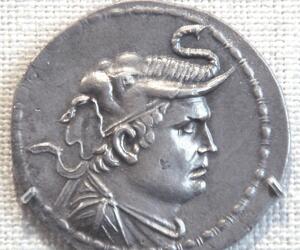
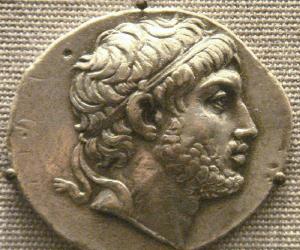
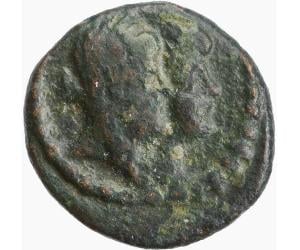
Cleopatra Selene of Syria served as the Queen consort of Egypt between 115 and 102 BC, during which she was first married to Ptolemy IX and then to Ptolemy X. She later served as the Queen consort of Syria from 102 to 92 BC, thanks to her marriages with Antiochus VIII, Antiochus IX, and Antiochus X.
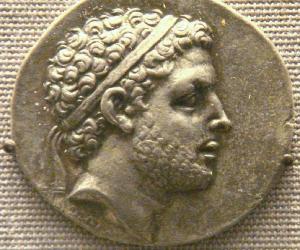
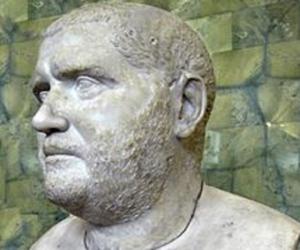
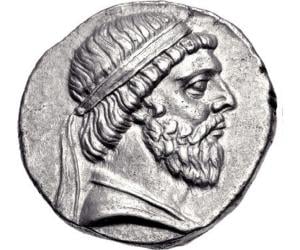
Parthian ruler Mithridates I belonged to the Arsacid dynasty and was the first ruler of Parthia to assume the title King of Kings. He is remembered for his aggressive expansion of his kingdom and his war against the Seleucid Empire. His affinity for Greeks was evident by his title Philhellene.

